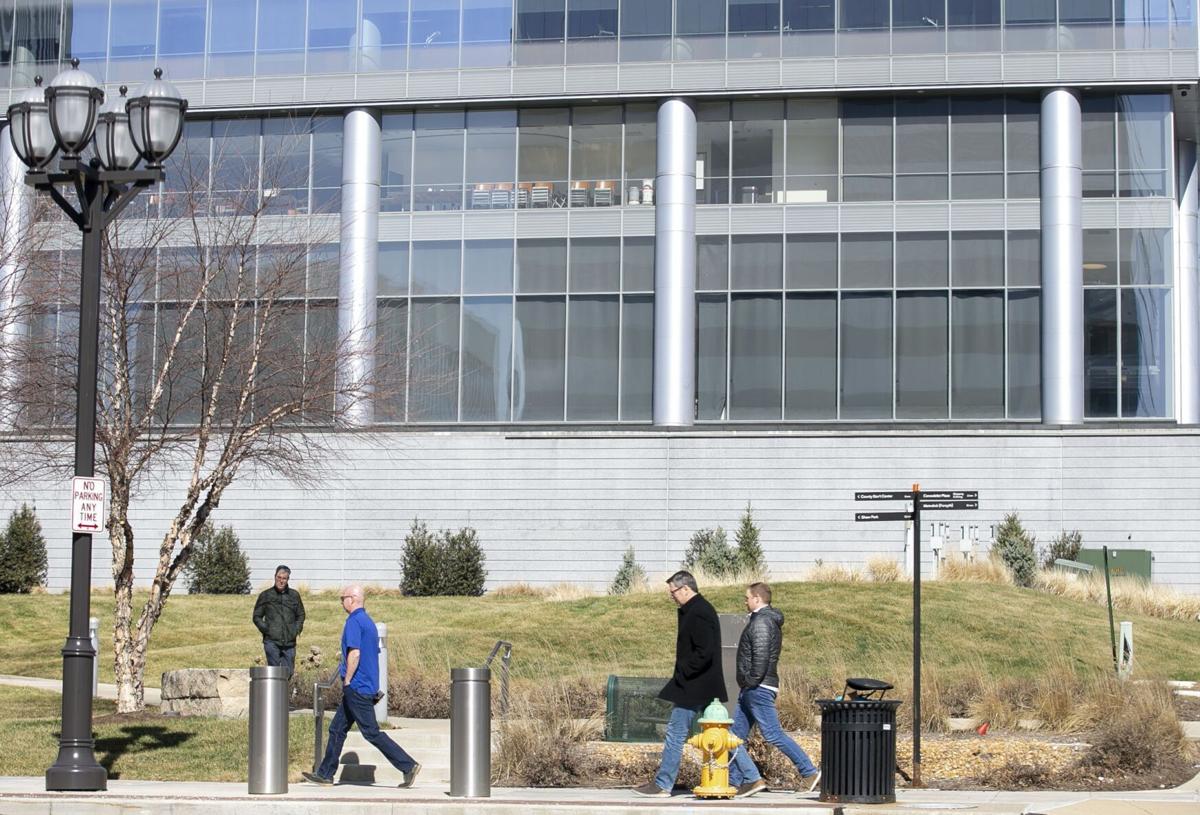CLAYTON ŌĆö Centene Corp. expects to lose millions of Medicaid customers when state governments resume reviewing recipientsŌĆÖ eligibility in April after a three-year hiatus, setting off a period of rebalancing for health insurers.
The Clayton-based health insurer said this month that it hopes to regain some customers who switch to Affordable Care Act exchange plans.
Other health insurance companies are making similar predictions.
California-based Molina told investors that new Medicaid membership from new contracts and acquisitions will be mostly offset by Medicaid eligibility reviews known as ŌĆ£redeterminations.ŌĆØ Kentucky-based Humana said that membership added from two new contracts will be similarly offset.
Medicaid membership grew dramatically at the onset of the COVID-19 pandemic, when companies laid off workers and unemployment spiked, qualifying millions for public health care. Throughout the pandemic, states have been prevented from disenrolling people who didnŌĆÖt specifically request it.
People are also reading…
Starting April 1, states can restart reviewing and disenrolling people who no longer qualify for Medicaid based on financial, age or other criteria.
Of CenteneŌĆÖs 27 million members, 16 million come from Medicaid. The company estimated that it will have added about 3.4 million Medicaid members since the onset of the pandemic, Chief Financial Officer Drew Asher told investors during a recent call.
The company expects to lose around 2.2 million members during the redetermination process, over the course of about 18 months, Asher said.
The company expects to retain 200,000 to 300,000 members through its marketplace business, said Julie Utterback, senior equity analyst at Morningstar Research Services.
ŌĆ£The company has been preparing for this eventuality throughout 2022,ŌĆØ Utterback said in an email.
ThatŌĆÖs similar to other health insurersŌĆÖ forecasts, but the timeline will also depend on how different states carry out the Medicaid reviews.
The process is filled with unknowns. Over the past three years, people moved across state lines, aged into qualifying for Medicare, aged out of the Medicaid threshold for minors, and had significant changes in income.
The Urban Institute in December 18 million people in the U.S. would lose Medicaid coverage in the 14 months after redeterminations begin. The Kaiser Family Foundation in May between 5 million and 14 million in the first year of the reviews. The U.S. Department of Health and Human Services in August 15 million.
Plus, each state will have its own process.
ŌĆ£There really are a lot of variables,ŌĆØ said Joel Ferber, director of advocacy at Legal Services of Eastern Missouri, who specializes in Medicaid. ŌĆ£How well do the phone centers work? How complicated is the paperwork?ŌĆØ
This is the first time states have suspended redeterminations for multiple years, said Sidney Watson, a professor at the Center for Health Law Studies at ėŻ╠ę╩ėŲĄ University.
ŌĆ£All of these numbers are estimates,ŌĆØ Watson said.









